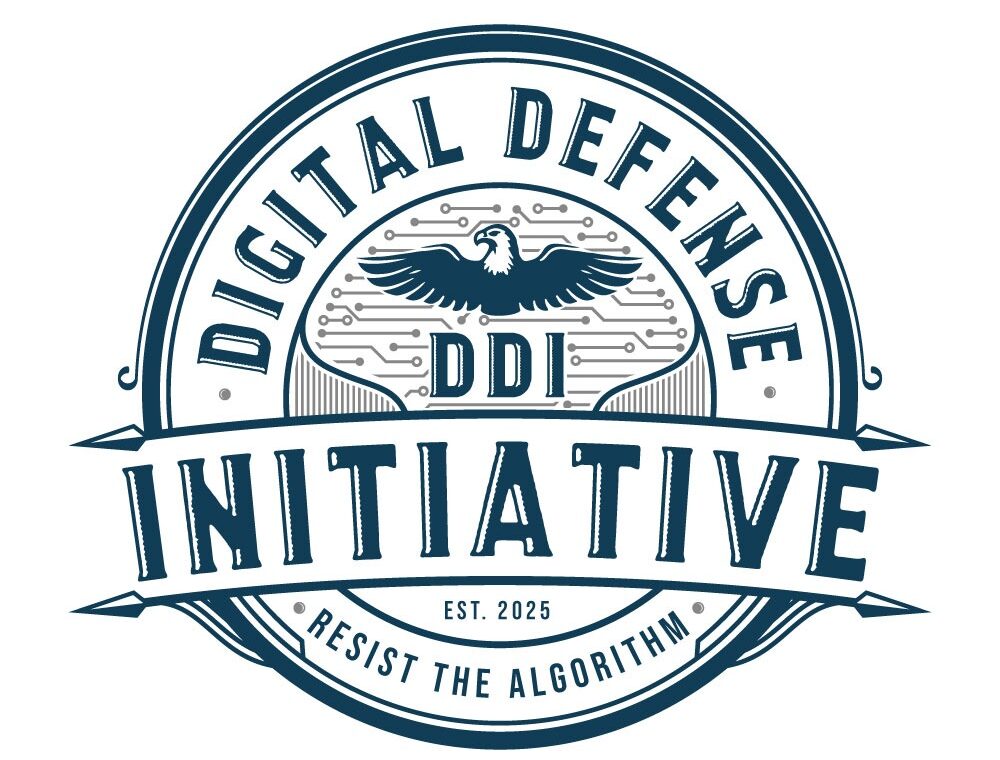In the age of smartphones, facial recognition, and predictive policing, authoritarianism no longer wears a uniform—it hides behind code.
Digital authoritarianism is the use of modern technology by governments or powerful entities to surveil, censor, and control populations. From China’s social credit system to internet shutdowns during protests in various parts of the world, we’re seeing a new kind of tyranny unfold—one that’s algorithmic, automated, and largely invisible to the public.
What makes digital authoritarianism so dangerous is its subtlety. Citizens comply not because they’re forced at gunpoint, but because they fear what the algorithm might do: deny them loans, block their travel, or flag them as threats based on vague data points.
At DDI, we believe this is one of the defining human rights issues of our time.
We’re working to expose these systems, support whistleblowers, and pressure democratic governments to adopt laws that protect digital rights.
Resistance starts with awareness.
If you’re not paying attention to how power is encoded into our devices, you’re already a target.

